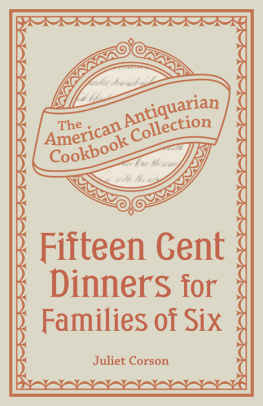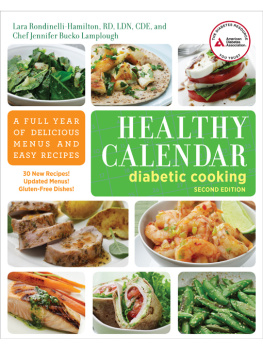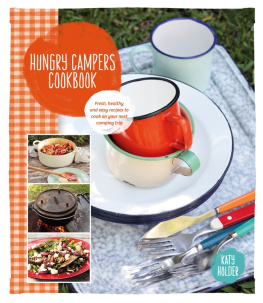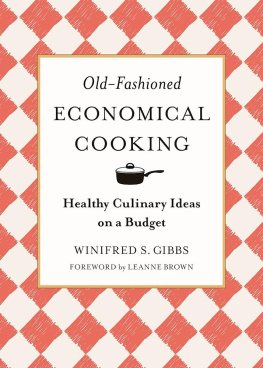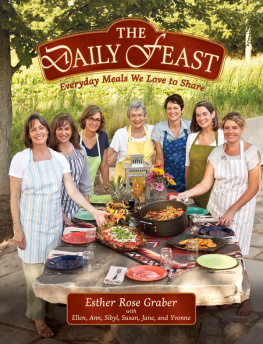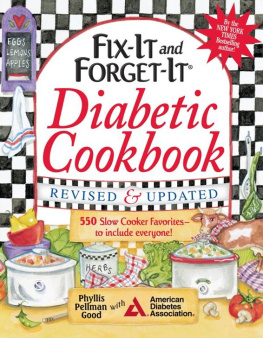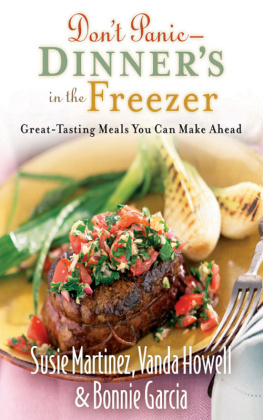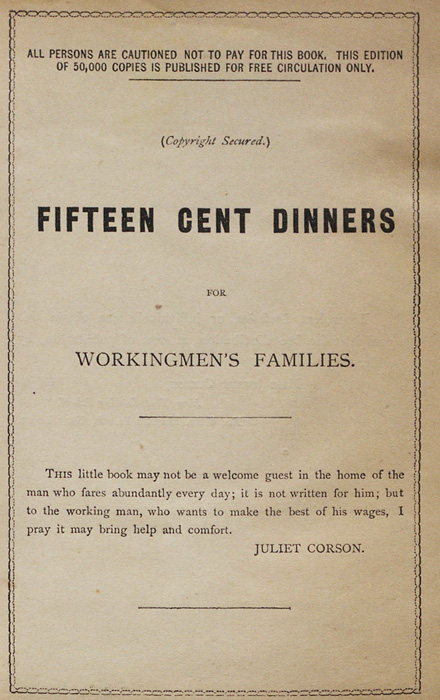

This edition of Fifteen Cent Dinners for Families of Six by Juliet Corson was reproduced by permission from the volume in the collection of the American Antiquarian Society (AAS), Worcester, Massachusetts. Founded in 1812 by Isaiah Thomas, a Revolutionary War patriot and successful printer and publisher, the Society is a research library documenting the life of Americans from the colonial era through 1876. AAS aims to collect, preserve, and make available as complete a record as possible of the printed materials from the early American experience. The cookbook collection includes approximately 1,100 volumes.
OTHER BOOKS IN
THE AMERICAN ANTIQUARIAN SOCIETY
COOKBOOK COLLECTION
American Cookery, by Amelia Simmons
The Canadian Housewifes Manual of Cookery
The Compleat Housewife, by Eliza Smith
The Cook Not Mad
Cottage Economy, by William Cobbett
Dainty Dishes, by Lady Harriet E. St. Clair
Dairying Exemplified, by Josiah Twamley
The Hand-Book of Carving
How to Mix Drinks, by Jerry Thomas
Jewish Cookery Book, by Esther Levy
Miss Leslies New Cookery Book, by Eliza Leslie
Mrs. Owens Illinois Cook Book, by Mrs. T.J.V. Owen
Mrs. Porters New Southern Cookery Book, by Mrs. M.E. Porter
The New England Cook Book
The Physiology of Taste, by Jean A. Brillat-Savarin
The Times Recipes, by The New York Times
A Treatise on Bread, by Sylvester Graham
Vegetable Diet, by William Alcott
What to Do with the Cold Mutton
Fifteen Cent Dinners for Families of Six copyright 2012 by American Antiquarian Society. All rights reserved. No part of this book may be used or reproduced in any manner whatsoever without written permission except in the case of reprints in the context of reviews.
Andrews McMeel Publishing, LLC
an Andrews McMeel Universal company
1130 Walnut Street, Kansas City, Missouri 64106
www.andrewsmcmeel.com
ISBN: 978-1-4494-2808-2
ATTENTION: SCHOOLS AND BUSINESSES
Andrews McMeel books are available at quantity discounts with bulk purchase for educational, business, or sales promotional use. For information, please e-mail the Andrews McMeel Publishing Special Sales Department:
specialsales@amuniversal.com


PREFACE
T O THE W IVES OF W ORKINGMEN:
In planning how to make the wages of the working man provide his family with the necessaries of life, the first point to be considered is the daily supply of food. If this little book shows the laborers wife how to feed her husband and children upon one half, or one third, or even, in times of great distress, upon the whole of his scanty wages, its object will be accomplished.
The cheapest kinds of food are sometimes the most wholesome and strengthening; but in order to obtain all their best qualities we must know how to choose them for their freshness, goodness, and suitability to our needs. That done, we must see how to cook them, so as to make savory and nutritous meals instead of tasteless or sodden messes, the eating whereof sends the man to the liquor shop for consolation.
Good food, properly cooked, gives us good blood, sound bones, healthy brains, strong nerves, and firm flesh, to say nothing of good tempers and kind hearts. These are surely worth a little trouble to secure.
The first food of nearly all living creatures is milk, the only entire natural food; that is, the only food upon which health and strength can be sustained for any length of time, without using any other nourishment. For this reason it is the best food you can give the children if you must restrict their diet at all; and it also is a valuable addition to the food of grown persons. While this fact about milk is settled, it is generally acknowledged by people who study the subject that we thrive best on a variety. We get warmth and strength from fat meat, wheat, rye, barley, rice, milk, sugar, fruit, peas, beans, lentils, macaroni, and the roots of vegetables; we gain flesh from lean meat, unbolted flour, oatmeal, eggs, cheese, and green vegetables; and, if we want to think clearly, we must use fish, poultry, the different grains, and a good variety of fruit and vegetables.
The food most generally in use among the masses is just that which meets their requirements. No hungry man will spend money for what he knows will not satisfy his appetite. For that reason the receipts given in this book treat of the articles in common use among the working classes, with the exception of lentils and macaroni, which are foods that I earnestly beg them to try. In meals made up of bacon, potatoes, and bread, of corned beef and cabbage, and of pork and beans, there exists an equal and sufficient amount of nourishment; but if other dishes are added to these, the variety will result in better general health and contentment. If we were to live day after day on rice, bread, potatoes, or any one other article of food, we would not long be strong enough for any kind of work. In matters of diet variety is not only the spice of life; it is the necessity.
In estimating the cost of these receipts I have naturally supposed that the family consists of father, mother, and children of different ages, and not of six adults; for them the quantities given would, of course, be insufficient. I allow a meat dinner every day; but in order to have this the meat itself must generally be used one day, with bread or vegetables, and the next day the breakfast must be the broth or juice of the meat, which, if prepared according to my directions, will afford equal nourishment.
I wish to call your attention to the following important fact. The hardy and thrifty working classes of France, the country where the most rigid economy in regard to food is practiced, never use tea or coffee for breakfast, and seldom use milk. Their food and drink is BROTH . Not the broth from fresh meat, for they do not often eat that; but that which is made from vegetables, and perhaps a bit of bacon or salt pork. I ask you to try for dinner, supper, and the next mornings breakfast, the three receipts in Chapter VI, for S ALT P OT-AU-FEU , R ICE AND B ROTH, and B READ B ROTH ; and then let me know how you like them, and how far they go towards satisfying your hunger, and giving you strength.
In calculating the cost of the receipts I give you, I have used the retail prices asked in Washington market, and in ordinary grocery stores, at this season of the year; the average is about the same as that of past years, and probably will not change much; so that I believe I have not placed too low an estimate upon them.
With these words of explanation, I send my little book to do its work among those who most need its ministrations.
JULIET CORSON.
New York Cooking School.
August, 1877.
CONTENTS.

Rules for Marketing.
How to choose the second quality of foodBeefMuttonLambVealPorkPoultryFishVegetablesFruit.
Next page
